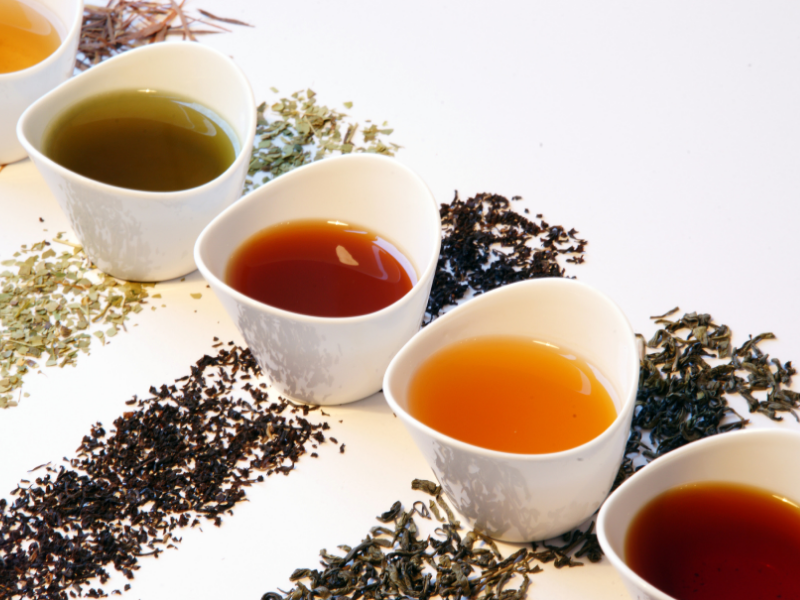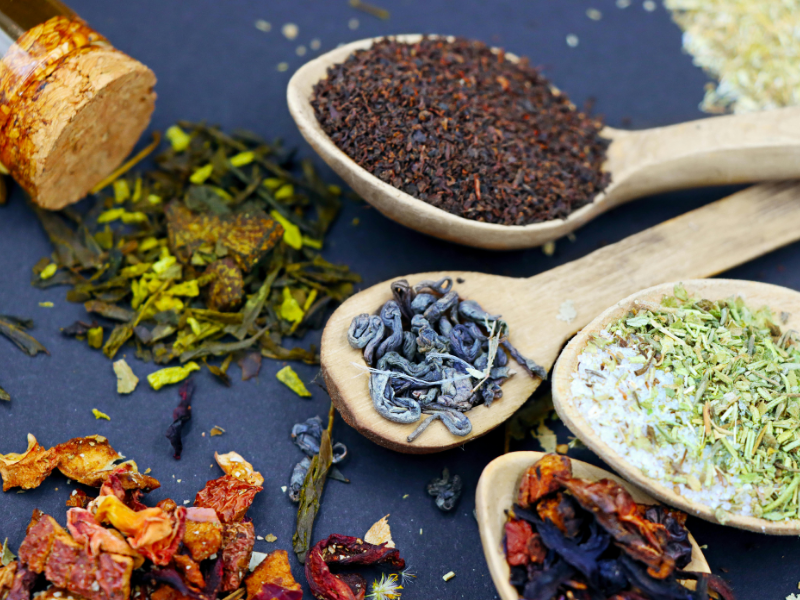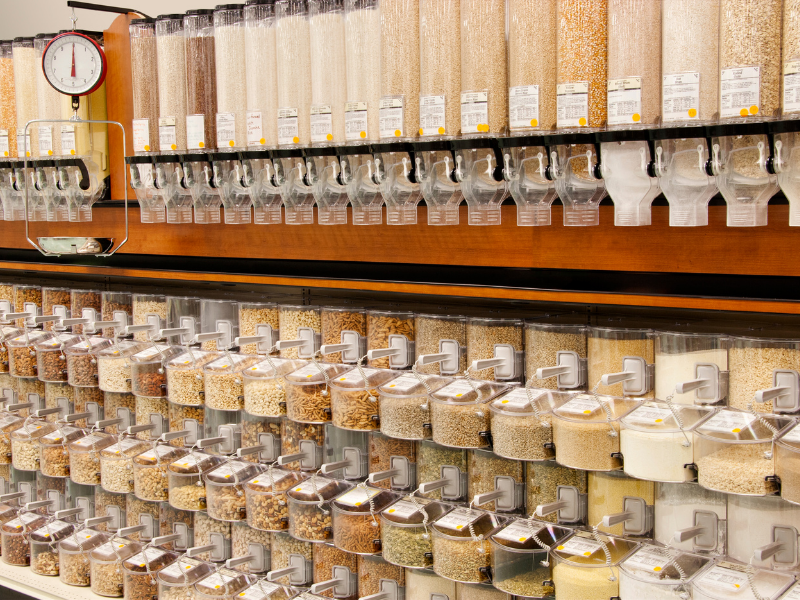If you love tea as much as we do, you know that the ritual of brewing a cup is just as special as the tea itself. But did you know the way you brew your tea can make a big difference for your health and the planet?
Let’s talk about why switching to reusable tea bags or stainless steel strainers is one of the simplest, most sustainable swaps you can make.
1. Better for You — No Plastic or Mystery Materials
Many commercial tea bags — even “premium” ones — are made with plastic fibers or glues that can leach microplastics into your cup when exposed to hot water. Paper tea bags often contain bleach, dyes, or adhesives, too.
Reusable cotton or hemp tea bags and stainless steel strainers are non-toxic and chemical-free, so all you’re tasting is your tea — pure and clean, just as nature intended.
2. Better for the Planet
Disposable tea bags might seem small, but they add up — billions are tossed each year. Most aren’t compostable, especially those with plastic mesh or staples.
By using a reusable tea bag or stainless strainer, you help:
-
Cut down single-use waste
-
Reduce plastic pollution
Every refillable cup makes a difference!
3. Better Flavor and Aroma
Reusable options let your tea leaves fully expand, releasing their rich flavors and natural oils. Paper tea bags can trap your tea too tightly, keeping the water from circulating properly.
The result? A fuller, smoother, and more aromatic brew — the way loose-leaf tea was meant to be enjoyed.
4. Better for Your Budget
Reusable tea tools are an investment that pays off. A single stainless steel strainer or a few reusable tea bags can last for years. Compare that to buying box after box of disposable bags — your savings add up fast, just like your impact.
Ready to Make the Switch?
At Life Essentials Refillery, we carry reusable tea bags and stainless strainers that pair perfectly with our organic loose-leaf teas. Choose your favorite blend, fill your strainer, and enjoy a cup that’s better for you — and the Earth.
Because sustainability isn’t just about what we drink — it’s about how we make it.




